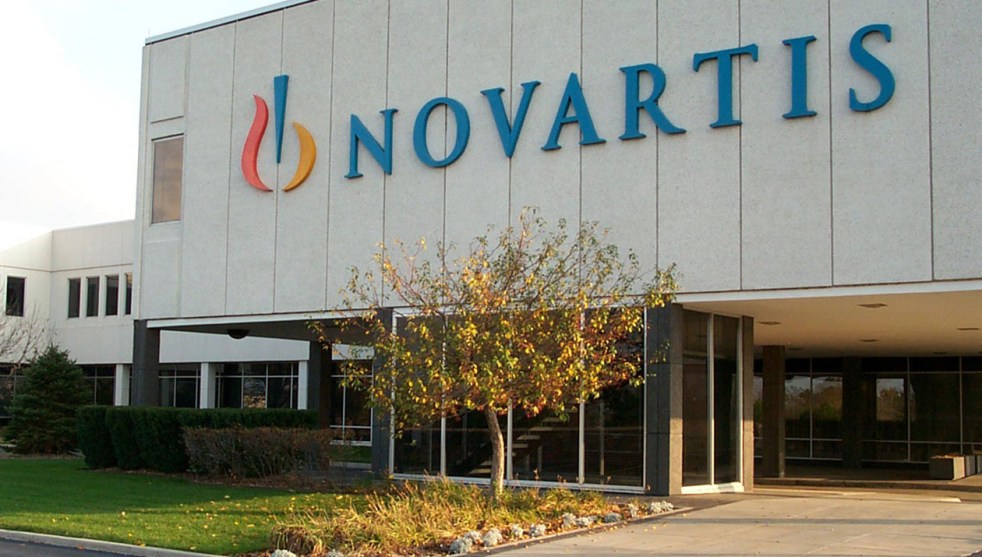
Ropi via ZUMA
I try not to go too far overboard in our communal loathing of pharmaceutical companies, but they sure do make it hard sometimes:
Novartis AG launched a lottery-style program to give away doses of its pricey gene therapy for free, drawing criticism from patient groups that say that is an inappropriate way to distribute a lifesaving treatment aimed at babies.
Zolgensma, a one-shot cure for a deadly inherited disease whose victims cannot control their muscles, is so far sold only in the U.S. at a price of $2.1 million, making it the world’s most expensive drug….Under the program, doctors can submit requests for the treatment, with eligible patients entered into a draw every two weeks for free doses. AveXis, the Novartis unit that makes the drug, said it aimed to distribute around 100 free doses a year as long as production capacity allows.
This is not just sort of like The Hunger Games, it’s pretty much exactly like The Hunger Games. A rich corporation draws names of babies out of a hat, and every two weeks a lucky baby from a poor country gets to live. Then the drudges all go back to work and dream about the next lottery. All that’s missing are the outlandish costumes.
Meanwhile, in the US there’s no lottery. Your baby lives if you or your insurance company is willing to shell out $2.1 million. That’s a lottery too, but not quite such an obvious one.
















